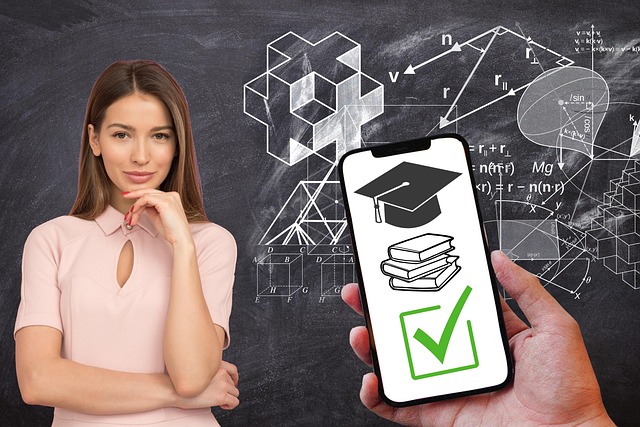In today’s digital age, navigating the sea of online education is akin to embarking on a journey where one’s compass is defined by online competencies. As learners, we often find ourselves facing a vast ocean of information, tools, and platforms designed to enhance our education. However, the question remains: How do we effectively harness these resources to build knowledge and cultivate authentic interactions?
Online education has revolutionized the way we access knowledge. With just a few clicks, we can dive into a plethora of courses covering nearly any subject imaginable. Yet, with this abundance comes the necessity to develop strong online competencies. These competencies aren’t just about having technical skills or being familiar with educational platforms; they embody our ability to interact meaningfully within a digital landscape. From participating in forum discussions to collaborating on group projects, the essence of interactive education demands that we engage with others, share insights, and collaboratively construct our understanding.
One significant competency lies in self-directed learning. Unlike traditional classroom settings, online learners often face the challenge of defining their paths. This requires a proactive approach to seek out resources, ask thoughtful questions, and pursue topics of interest. By taking ownership of our learning, we not only build our knowledge but also enhance our ability to interact with peers and instructors, forging connections that enrich our educational experiences.
Moreover, communication skills become paramount in the realm of online education. Written exchanges can often lack the nuances of face-to-face interactions, and as such, developing clear and effective communication is essential. Mastery of online communication tools—be it discussion boards, instant messaging, or video conferencing—enables learners to articulate their thoughts and engage in dialogue, fostering a sense of community even from a distance.
Equally important is the competency of digital literacy. In an education landscape filled with diverse sources, discerning credible information from misinformation is vital. As learners, we must develop the ability to critically evaluate resources, synthesize information, and contribute thoughtfully to discussions. This critical engagement not only advances our individual knowledge but also elevates the overall quality of interactions within our learning communities.
As we strive to build knowledge in an interactive online environment, we also need to practice empathy and cultural awareness. Our virtual classrooms often consist of a rich tapestry of backgrounds and perspectives. Understanding and respecting these differences is crucial for fostering inclusive dialogues that enrich our learning experience. Building these competencies enhances not only our interactions but also creates a supportive atmosphere where all voices are valued, and diversity is celebrated.
Ultimately, navigating online education is a multifaceted adventure, one that calls for ongoing investment in online competencies. As we develop our skills in self-directed learning, digital literacy, communication, and empathy, we don’t just become better learners; we become empowered members of a vibrant, interconnected community. This journey, while at times challenging, opens doors to opportunities for meaningful knowledge building and enriching interactions that extend far beyond the confines of our screens.




